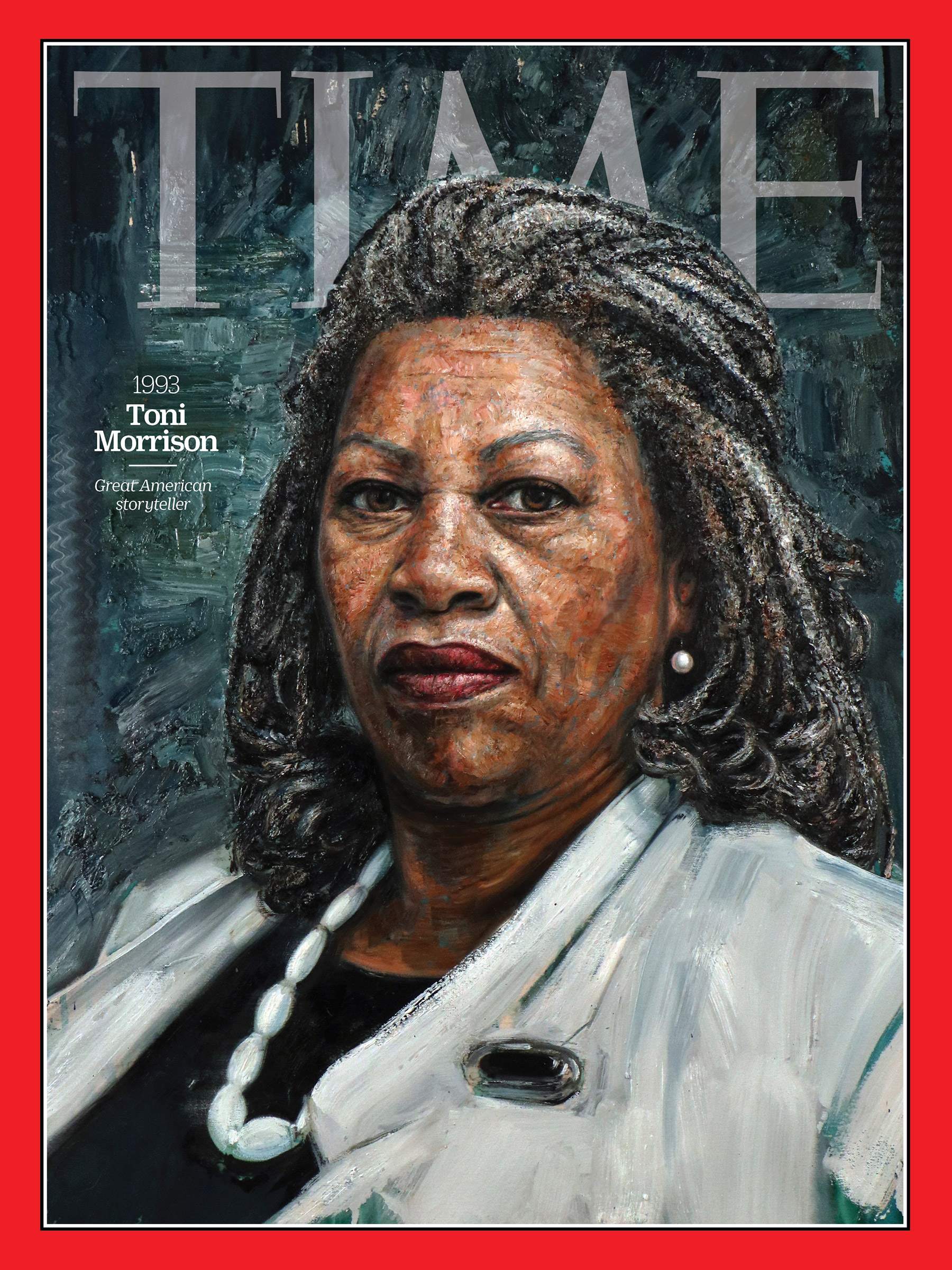“We die. That may be the meaning of life. But we do language. That may be the measure of our lives.” Toni Morrison spoke these words when she won the Nobel Prize in Literature in 1993, becoming the first black woman so honored. Not many people can squeeze so much meaning into just a few sentences, but Morrison, an icon of storytelling, did it all the time.
In books like The Bluest Eye (1970), Sula (1973), Song of Solomon (1977) and Beloved (1987), she used magical realism and poetic language to interrogate and explore the black experience and the aftershocks of generational trauma. In both fiction and nonfiction, Morrison wasn’t afraid to hold a mirror up to our society—even if we didn’t like the reflection staring back at us. She wrote from varying perspectives, employing nonlinear structures and stream-of-consciousness monologues that relayed her tremendous capacity for empathy.
Morrison’s words force us to re-examine what we think to be true about ourselves. When reading them, I feel shaken one moment and completely seen the next. Her work makes me think of my grandmother. It makes me want to know more about my grandmother’s grandmother. Morrison has always made me proud to be a black woman. She was a superhero who looked like the women who guided and nurtured our families for generations. She was one of us.
I’m glad we weren’t afraid to worship at her feet while she was still here. My only wish is that we could’ve kneeled down at them for a little bit longer. —Lena Waithe
Waithe is an Emmy-winning writer, producer and actor
This article is part of 100 Women of the Year, TIME’s list of the most influential women of the past century. Read more about the project, explore the 100 covers and sign up for our Inside TIME newsletter for more.
